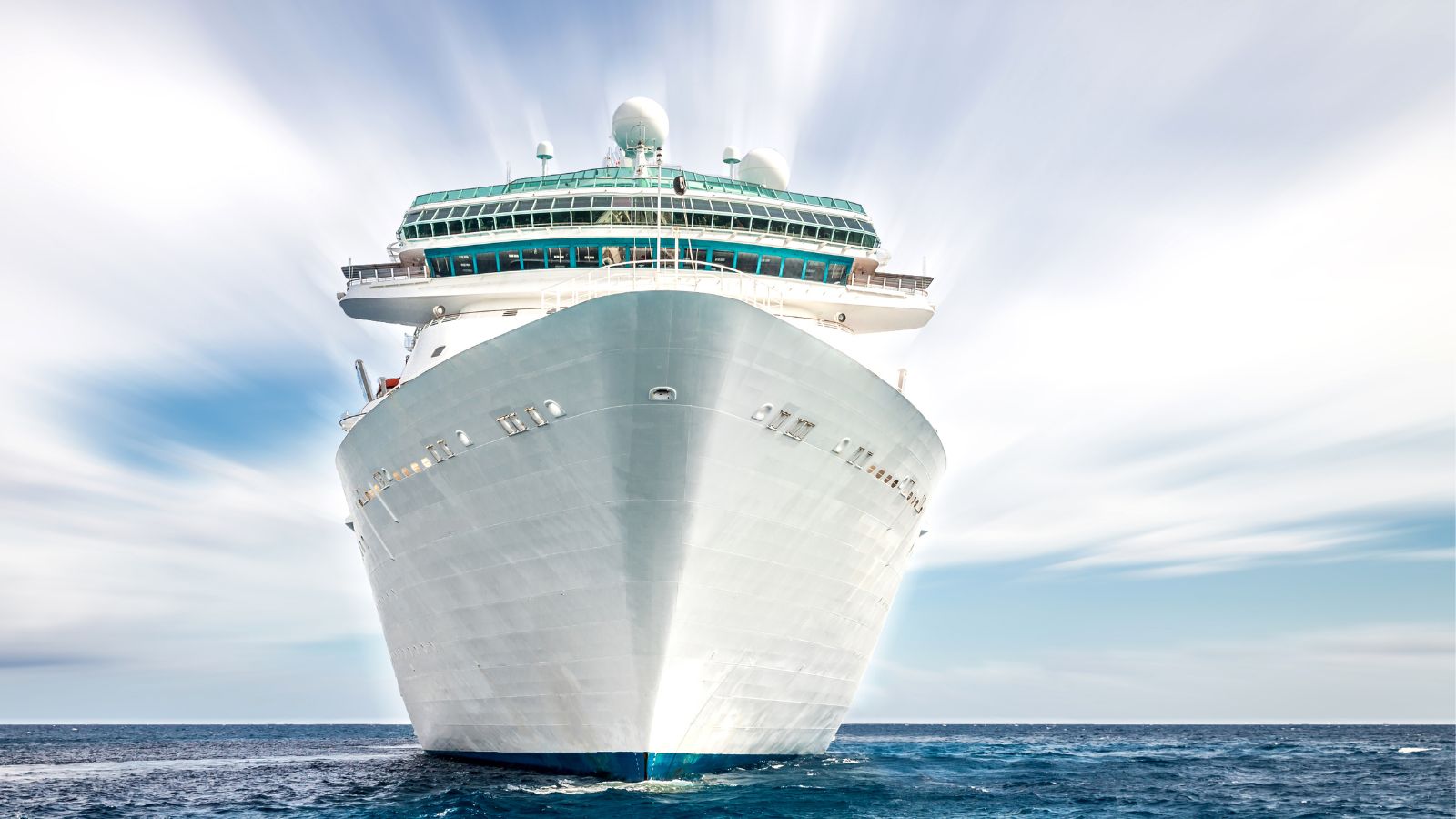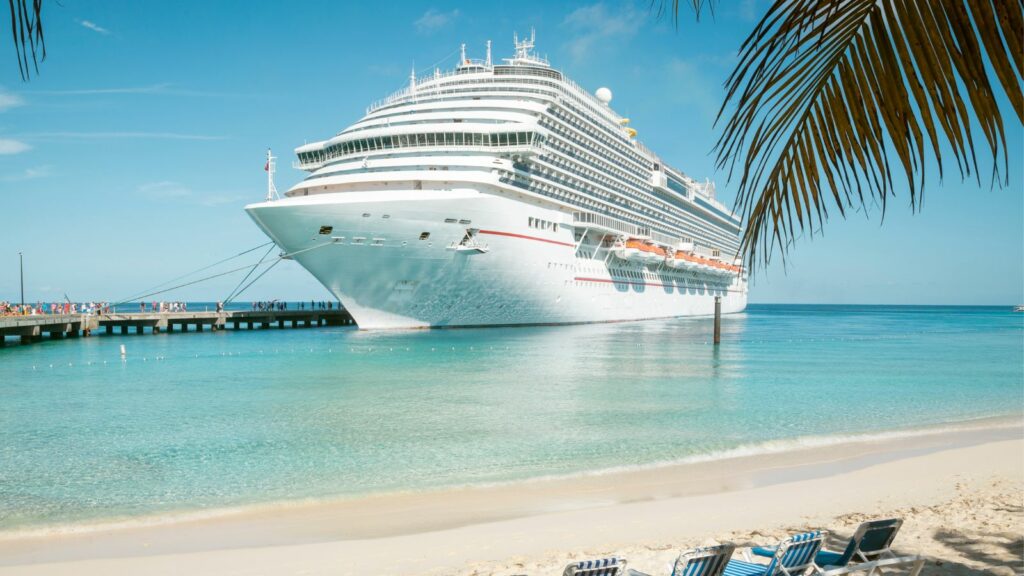Looking forward to a cruise vacation this summer? A fancy cruise is one of the best ways to leave your troubles behind and enjoy the sun and sea.
However, not to burst your travel bubble, terrible things can happen on cruise ships as well. So, being practical and knowing your legal rights as a passenger is important.
The laws governing water travel differ from those governing road travel. Maritime law (also known as admiralty law) governs all activities on so-called navigable waters. As such, this law covers a significant portion of cruise ship travel.
What Is Maritime Law?
Maritime law is at least a couple of centuries old. It was established to manage all aspects of the seas, including trade and navigation. Maritime law also played a role in disputes. Today, this law encompasses the rules on how cruise ships operate. So, by default, they also affect the treatment of cruise ship passengers.
In most instances, maritime law is founded on international agreements. U.S. federal and sometimes state laws, such as those in Texas, may also apply.
If you board a vessel flagged in a foreign country, U.S. courts may apply certain aspects of maritime law. This typically only occurs when the situation affects U.S. citizens or the incident involves the United States.
Therefore, while many cruise ships remain registered under foreign flags, the U.S. can still protect its passengers when a ship is in American waters. The government can also protect you if there are any U.S. contracts or promises related to cruise travel.

Cruise Ship Passenger Rights In The U.S.
Your rights as a cruise ship passenger stem from the contract you sign when you book your cruise. Your rights also stem from federal laws established in the United States.
You must keep the following in mind when you are about to travel on a cruise ship:
- You sign a contract of carriage. Whenever you book a cruise, you agree to a contract of carriage. The contract explains what you pay for and what you can expect from cruise line employees.
Your contract also outlines the procedures for cancellation in the event of a delay. Most importantly, the contract explains liabilities in case of an accident or incident.
While these contracts include clauses that limit the cruise company’s liability, they cannot override the basic legal protection you have under maritime law.
- The cruise line owes you a duty of care. All cruise lines must ensure the safe transport of passengers. They must take all the reasonable steps necessary to prevent accidents and injuries.
Whenever a cruise line breaches this duty, it leaves itself open to personal injury cases.
- The cruise line must provide medical care when necessary. If you fall and sustain an injury on board a cruise ship, you have the right to receive medical care. Most large cruise ships have a full medical complement and facility onboard.
Unfortunately, this does not mean you will automatically receive quality care. If you believe you received poor or substandard medical treatment, you may be able to file a legal case.
- You must have access to important information. You must know your rights as a passenger when you board a cruise ship. The cruise ship management must make the rules clear and explain what you must do in an emergency.
At the same time, the management should detail the process for complaints if a passenger’s rights are violated.
U.S. Laws And Protections
In addition to maritime law, several U.S. laws affect cruise ship travel. For example, the Passenger Vessel Services Act restricts foreign-flagged ships from carrying passengers between ports if they don’t comply with regulations.
A cruise ship’s limitation of liability acts cannot absolve the cruise line from responsibility. If the ship does not comply or there is evidence of negligence, these limitation clauses may be set aside.
Furthermore, the general tort law may apply if you are injured on a cruise ship. If you can prove that you sustained injuries due to negligence, you may be eligible to file a claim for damages.
What To Do If You Are Injured On A Cruise Ship
There is sadly no guarantee that your dream vacation won’t turn into a nightmare due to an accident. If you are injured on board a cruise ship, follow these steps.

Report The Incident Immediately
If you fall over something or someone pushes you, you must inform the ship’s management immediately. Make a note of the time and circumstances of the incident.
If possible, take a photo of where the accident happened. Cruise ships are enormous, so it is crucial to document the exact location where you were injured.
Getting a medical evaluation as soon as possible after your injury is crucial. This can happen immediately if a medical crew is onboard.
If you receive a bill or need to pay for medical services, keep copies of all the relevant paperwork. Also, ask bystanders or witnesses if they would be willing to provide a statement about what they saw during the incident.
You should also review your contract of carriage to determine your rights. The contract will explain the process to follow and the limitations that may apply.
Lastly, do not try to file a personal injury claim against a cruise line alone. Consult and hire a lawyer with experience in maritime and other relevant laws. Doing this is the best way to ensure compensation for your injuries and losses.
Awareness Is The Finest Way To Protect Yourself
Going on a cruise is exciting because it allows you to explore other parts of the world. But don’t get so swept up in your travels that you get caught unaware should an accident happen.
Remember that maritime law is complex, so you must stay prepared to fight for your rights after an injury. Safety and awareness go hand in hand when it comes to cruise ship travel.
If you know how to protect yourself in case the unexpected happens, you will have an enjoyable trip and be ready for anything.

